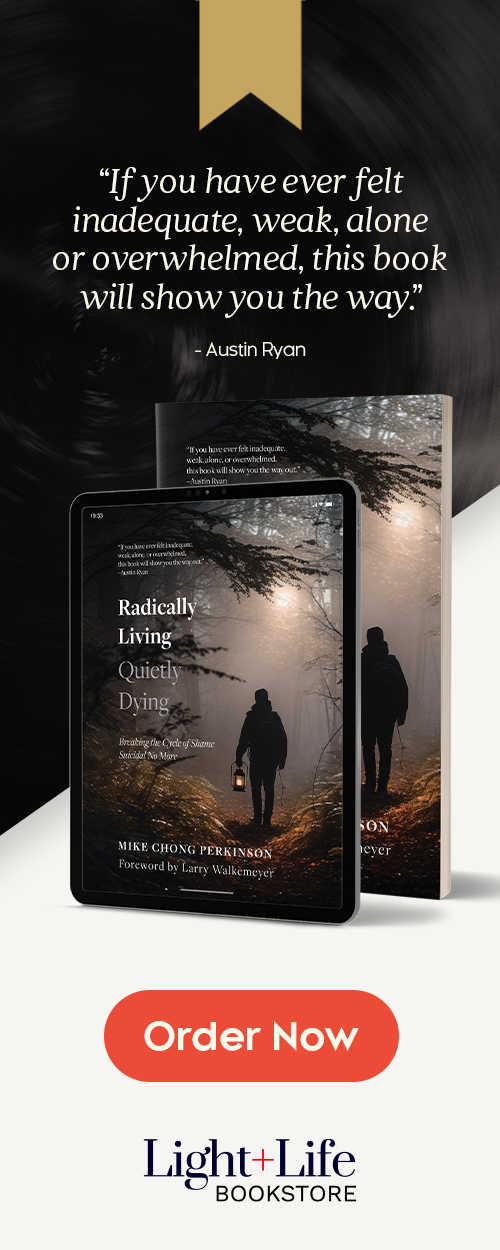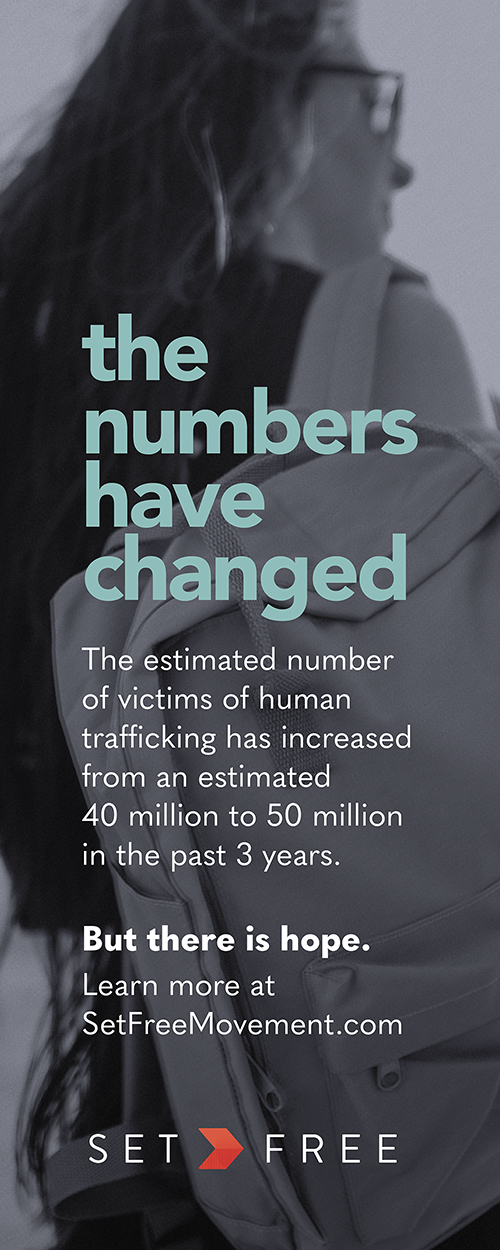By Kari Morris-Guzmán
It was about 17 years ago when I joined the social media bandwagon (unless I count my very brief trial with MySpace). Currently, my only social media consists of Facebook and Instagram. I’m on Facebook a lot (almost daily). I love looking at cute kids in Halloween costumes, crying Santa pictures, creepy Easter Bunny pictures, and every other special and ordinary day in between.
Social media can be a great place to share what’s going on in your life, send an encouraging word to a friend, connect with friends you haven’t talked to in decades, and get recommendations. It is also a place where people share various kinds of articles that display a variety of opinions and interpretations of the world around them. I like reading articles!
_
“We have become so sensitive as a digital society and have such a low tolerance for those who disagree with us that it affects relationships everywhere.”
_
But quite frequently when someone posts an article, friends of the person who posted the article will comment what their opinion is of the article. This often leads to an argument if there is a difference of opinion, and friends will begin commenting on what they really think of each other and sometimes end up defriending each other. There are a broad spectrum of issues ranging from politics to religion to parenting styles to dieting trends to education that we argue about.
Social media gives us a false boldness to share things that we probably wouldn’t say if we were face-to-face with the person. I have watched so many relationships, including some of my own, unravel and fade away because of hurtful words over a societal issue that never seemed to matter to the relationship before. We have become so sensitive as a digital society and have such a low tolerance for those who disagree with us that it affects relationships everywhere.
No Other Gods
A few years ago, I was grieving about this social media dissension and began praying about it. As I prayed, I realized that the issue is not that someone holds a different opinion or that one opinion is superior to the other one, but the root issue is in our own hearts. According to Psalm 24:3–5, “Who may ascend the mountain of the Lord? Who may stand in his holy place? The one who has clean hands and a pure heart, who does not trust in an idol or swear by a false god. They will receive blessing from the Lord.”
_
“It is so easy for us to build up little altars in our hearts and minds to all kinds of issues.”
_
The issue is idolatry. Our Scriptures are full of stories of nations, kings and other individuals breaking the first two commandments: “You shall have no other gods before me,” and “you shall not make for yourself an image in the form of anything in heaven above or on the earth beneath or in the waters below. You shall not bow down to them or worship them” (Exodus 20:3–5).
These verses command us on order and priority. It is so easy for us to build up little altars in our hearts and minds to all kinds of issues. We begin to have an overinflated sense of ourselves and begin pointing fingers and shaming and blaming.
Clearly there are some issues that require us to stand up and speak out. It’s OK to be passionate about something. It’s OK to have an opinion. Our great country gives us the freedom and opportunity to express those opinions and demonstrate passionately. But when those opinions and passions begin to take our eyes off Jesus and our love for others, they become little gods in our hearts and minds. It doesn’t say we can’t care about certain issues, platforms, etc. But when we allow those things to become gods before God, therein lies the problem.
That’s when we begin to see all kinds of arguments, dissension, hurtful words and name-calling. It not only is damaging to others, but it is damaging to ourselves. Our hearts and minds are no longer pure and the blessing from seeing God will be taken away.
_
“Blessed are the pure in heart, for they will see God.” (Matthew 5:8 NIV)
_
Pure in Heart and Mind
Matthew 5:8 (The Message) says this: “You’re blessed when you get your inside world — your mind and heart — put right. Then you can see God in the outside world.” This beatitude, like all of them, comes with a blessing and a promise. When our hearts are pure, when our allegiance is undivided to God first, when we treat others how we want to be treated, then we see others as image bearers of the Most High God. And when we see others from that perspective, we see God. “Blessed are the pure in heart, for they will see God” (Matthew 5:8 NIV).
So in this highly passionate social media world in which we dwell, let’s make sure that the Most High God not only dwells in our hearts, but that God alone will reign on the throne of our hearts keeping it pure.
+

Kari Morris-Guzman is a Free Methodist elder serving on the pastoral team at The Avenue. She lives in Riverside, California, and is an alumna of Azusa Pacific and Greenville universities.










